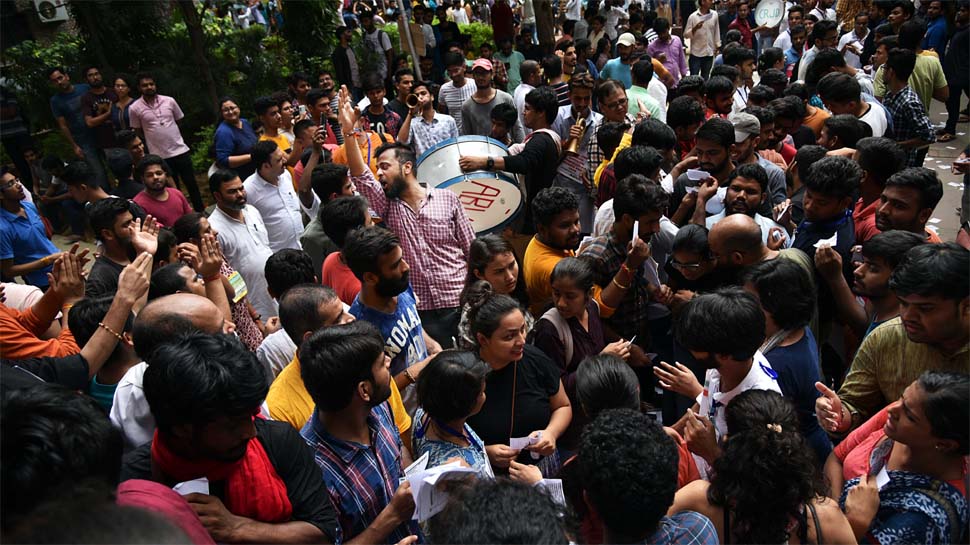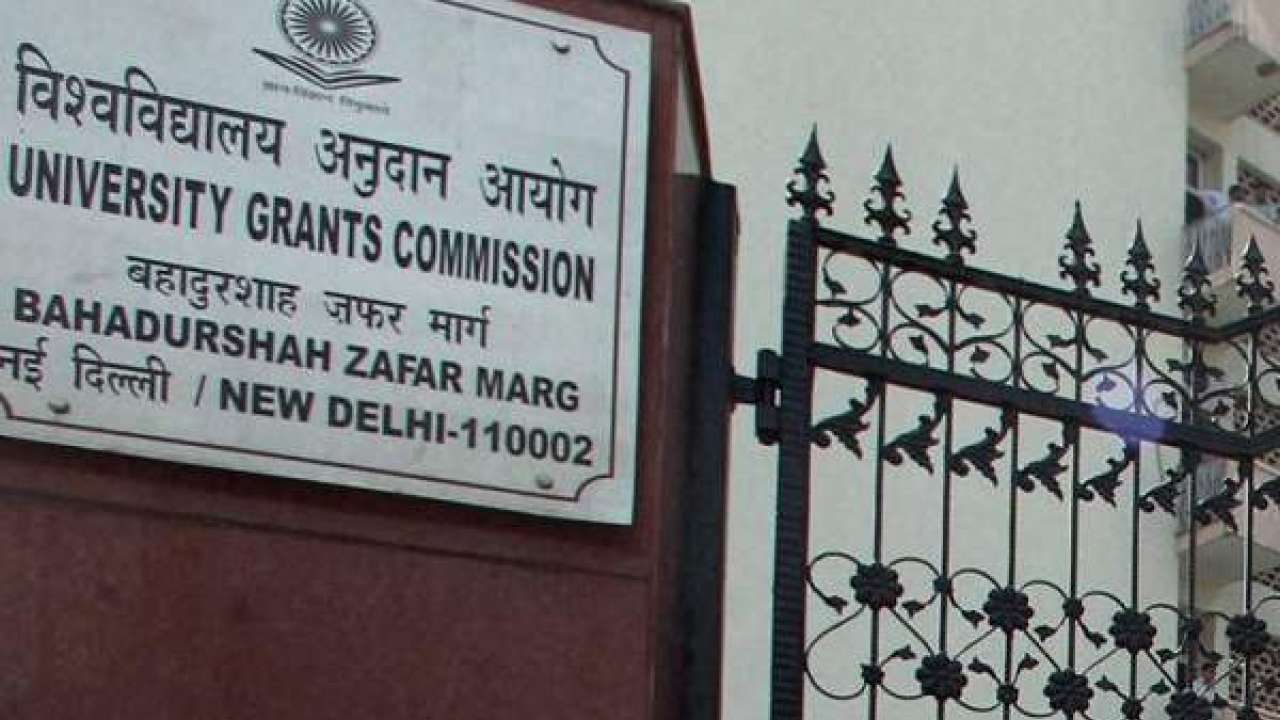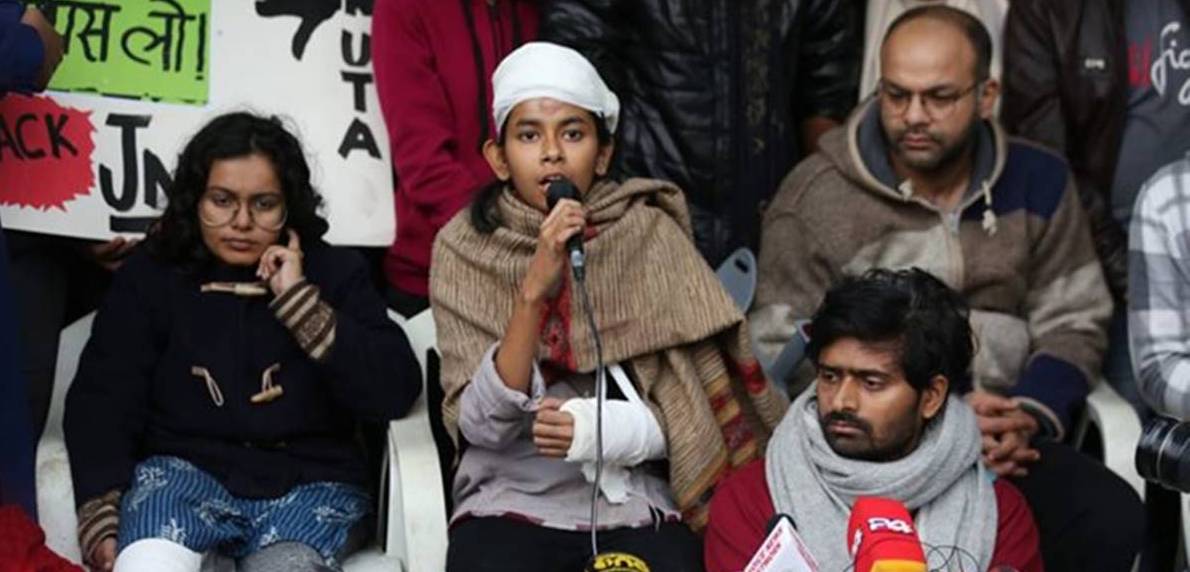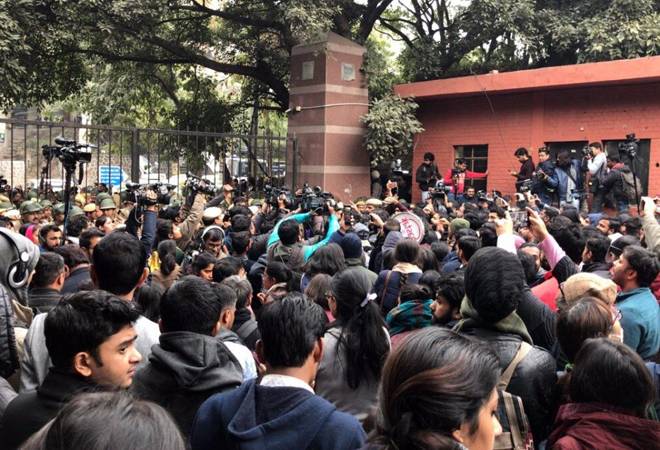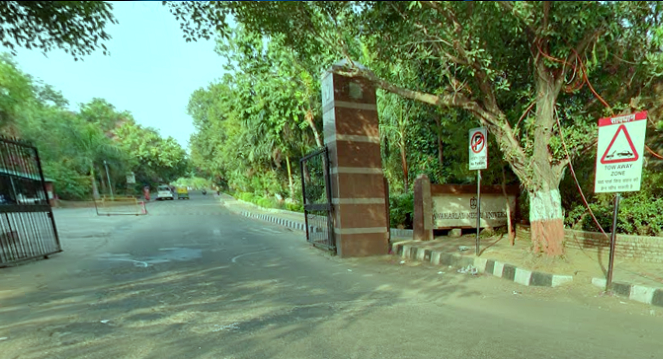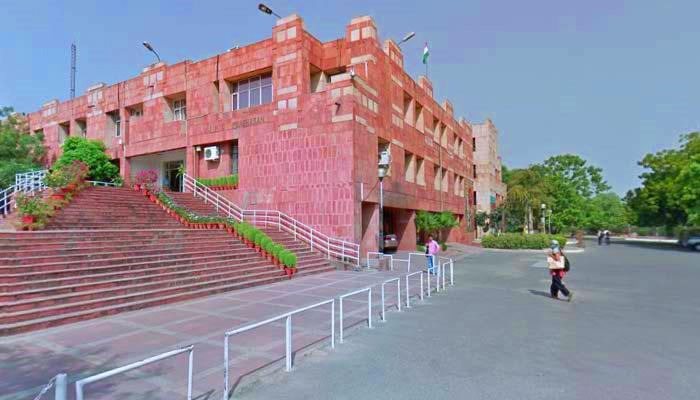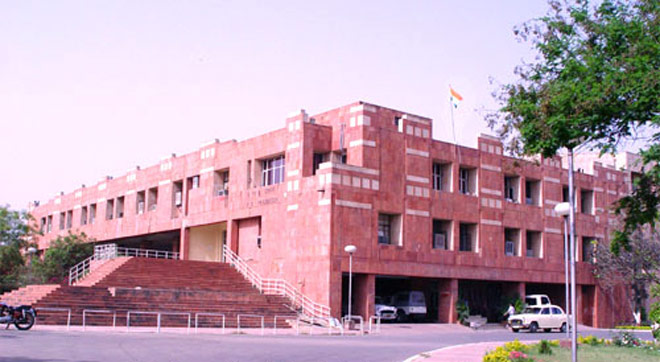Freedom – a precious gift, but also a heavy responsibility. Such is its lightness that it is conspicuous only by its absence. As a state of being, it is blissful and fulfilling. Thus, ideal university spaces are characterized by the freedom to experiment, learn and grow together. Unless the spirit of democracy pervades all our universities, it cannot be established in our minds, and in the country. It is these very values of freedom, democracy, equality and social justice which are foundational to any centre of learning. These must not only be cherished and celebrated, but also preserved.
But in times of unprecedented atomisation and technocratization of human lives, can there be a case for being mindful of how we use our freedoms? How much is too much? Does exercising one’s own freedom allow an individual to impinge upon that of others? Can we do away with ethics and morality in the name of freedom? Can we exploit our freedoms without regard to the world around us? Can we abuse it to the extent that it makes the shared spaces toxic for others? Does being free imply being inconsiderate, insensitive, and inhuman? Is it a bridge to spiritual awakening, or a vicious exercise in narcissism and vanity? Is freedom the art of creativity and construction, or a mindless pursuit resulting in self-destruction?
In our thirst for self-actualization, why do we forget our limits? We have become so morally corrupted and polluted that we do not realize that we have no right to exploit or abuse our freedom. We do not like to be restricted or corrected. But we must realize that we are social beings; all our behaviours and actions have an impact on others. We take our freedoms for granted. We exploit the nature. We pollute our cities. We destroy our environment. We ruin our present; we jeopardize our future. We, critical students who question the world, do not for a moment stop to introspect and question ourselves and our conduct.
For instance, does being a student of a progressive university space provide a license for substance abuse? Who gives us the right to smoke in public and make everybody else around us passive smokers? Who gives us the right to eve-tease or assault women under the influence of alcohol? Why do women have to still think twice before moving out at night even within campus premises? Why should the university be easily accessible for some external disruptive elements, making it unsafe for the residents themselves?
Does the right of co-residence imply that men have no privacy in their own hostels? Should exercising freedom be reduced only to drinking and smoking in public, or not attending classes? Is the university not meant for academics and coursework before anything else? How often do we enthusiastically engage in coursework or prepare assignments sincerely? These are alarming signs of the ultimate decline of our studentship.
In times when the administration is destroying the ethos of the university, I have always argued that it is us who made it easy for them. We let them in by our own moral and ethical degradation. We failed as students, teachers, and alumnae. No single man had the power to ruin this institution that was built over decades with the sweat and blood of so many. Our walls had already begun to crumble from inside. Most of us gave up on our sincerity and conviction. Most of us were too busy enjoying our freedoms to bother what is going on. And in the process, we failed our JNU that stood as strong as an oak. They came to axe it because we no longer clung to hope, love and peace to save it. We began to savour war; in a way we became like them.
I write this at a time when many students at JNU are protesting the proposed curbs on freedom of students in hostels. While I do not side with the administration, I wonder how strong a fight or resistance they can put up when they have no conviction in themselves. Our counter-hegemonic struggles falter the very moment we fail to perform our duties with sincerity. How can we resist the imposition of mandatory attendance when half of us do not make it to class due to being intoxicated? How can we oppose curfew timings in hostels when we do nothing to ensure safety even inside the campus? Without righteousness, our politics is pointless and struggles are worthless. A battle of ideologies is not one of words or slogans alone. It is fought by integrity; it requires harmony in thought, word and deed. No fights can be won unless we abide by the ideals and principles that we ourselves propagate. If our morals and beliefs are not strong enough, we give them yet another chance to call for a clampdown our freedoms.
What guides us, first and foremost, is our own moral compass. Unless our education cannot shake our sleepy conscience, it cannot liberate us. There are no rights without responsibilities. There is no freedom without consciousness. There is no protest without honesty. There is no resistance without sincerity. There is no antithesis without character. There cannot be a synthesis without conviction.
Aishwarya Bhuta is a student of MA in Development and Labour Studies at Jawaharlal Nehru University.

